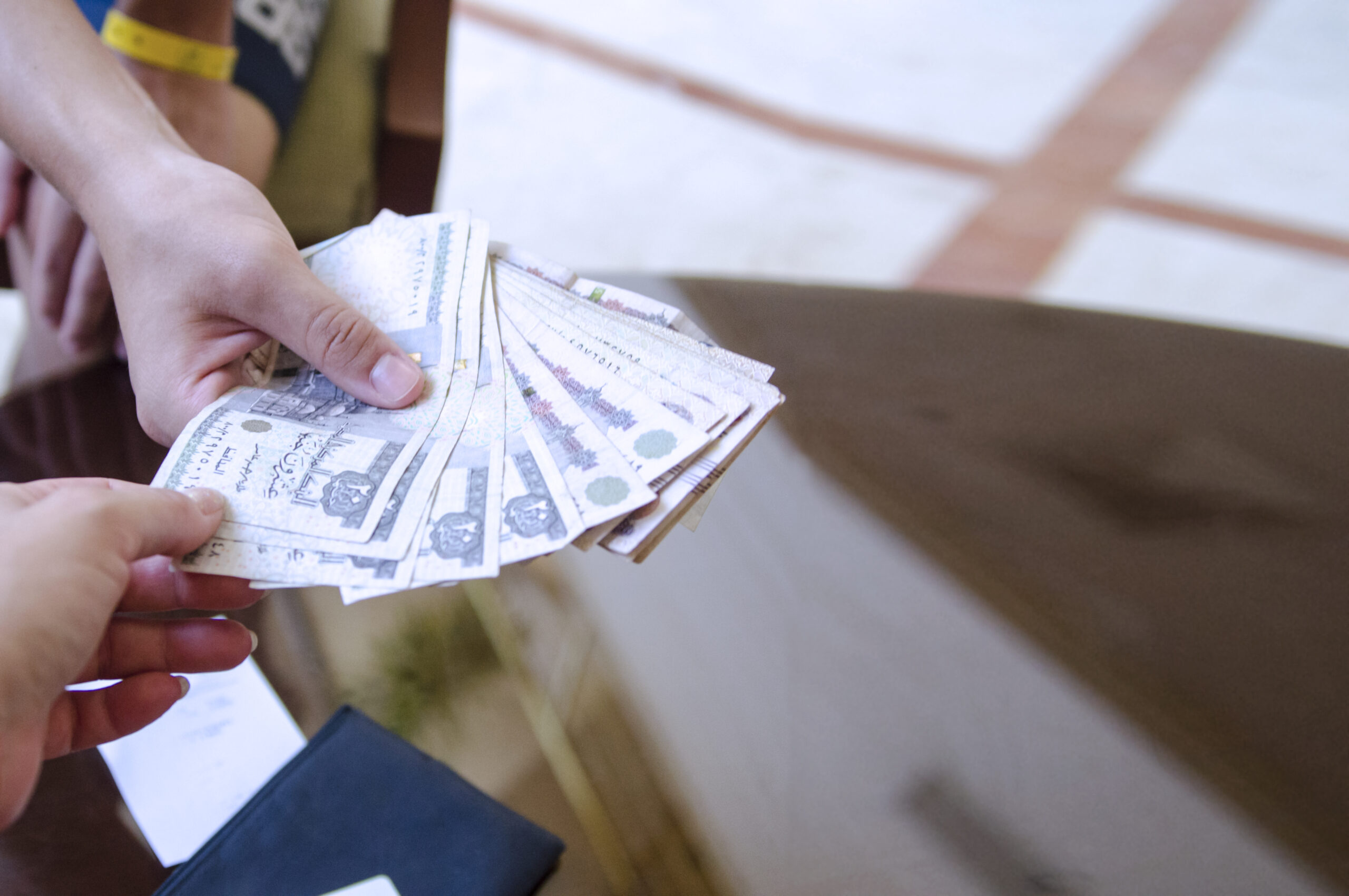The last 12 months have cemented Egyptian banks’ reputation for being well run and robust in the face of economic turmoil. The country’s 2023–2024 macroeconomic and balance-of-payments crisis was characterised by crippling foreign currency shortages, growing public sector debt and severe external shocks. But the financial sector once again proved equal to the challenge.
When the government finally allowed the Egyptian pound to float in March 2024, the impact was swift. A chronic shortage of US dollars across the banking sector eased significantly in the weeks following the float. Agreements with the IMF and UAE saw investors’ faith in Egypt recover. By May 2024, some $24billion in portfolio investments and $7.5billion in remittances had entered the country, turning the financial sector’s net foreign asset positive for the first time in two years, according to BMI analysts.
Islam Zekry, Group Chief Finance & Operation Officer at Commercial International Bank (CIB), says IMF reforms continue to help restore the confidence of investors and depositors. He points to the increase in net foreign assets, moderating inflation and a growing demand for Egyptian debt instruments. “In Q1 2025, the banking sector recorded a net foreign asset surplus of $15.1billion,” says Zekry, noting that this followed the IMF’s approval of its fourth programme review in March, which paved the way for another $1.2billion disbursement from the fund.
In addition to prompting an inflow of investment and remittances, the liberalised exchange rate has unlocked new sources of revenue. “That’s especially the case in FX trading and hedging,” says Zekry. “Our bank capitalised on the increased demand for foreign currency transactions, enhancing its non-interest income.”
The impact of the devaluation of the Egyptian pound – which lost 60% of its value against the dollar – was severe. But it was only one of many challenges that the banking sector has navigated since the 2011 revolution. BMI analysts report the sector capital adequacy ratio declined only slightly, from 18.6% at end-2023 to 18.1% at the end of March 2024 after the devaluation. As economic activity resumed, strong internal capital generation saw that figure rise to 19.1% by September 2024 – well above the 10.5% minimum stipulated in the Basel III framework.
Regina Argenio, a credit analyst at S&P, notes that with a floating exchange rate, Egyptian banks will have to carefully manage their exposure to foreign currency risk, “particularly considering that on average 37% of their assets are in foreign currency”. On a positive note, Argenio adds that the rating agency takes comfort from Egyptian banks’ stable asset quality. Most of the foreign currency lending in Egypt is directed towards the government or exporters, who benefit from a natural hedge. Zekry says CIB has placed even greater emphasis on exporters and clients with hard currency earnings and introduced sophisticated hedging and stress-testing mechanisms within its risk management framework.
The upshot is that pressure on loan quality has been limited. The banking sector’s aggregate non-performing loan ratio was 3% during the height of the economic crisis in late 2023. By September 2024 it had fallen to 2.4%.
The state draws back
The country’s economic position may have improved, but geopolitical risks still loom large. The 12-day war between Israel and Iran in June 2025 was the latest regional conflict to spark investor concerns, following Israel’s prolonged campaign in Gaza and Houthi attacks on Red Sea shipping. Foreign investment flows are highly sensitive to such volatility, and Egypt’s banks will need to prioritise liquidity management and currency risk mitigation. Zekry says CIB has adopted a “prudent approach” to FX liquidity, strengthening its US dollar position and maintaining high capital adequacy levels to ensure resilience against market shocks and capital flows. “The bank also undertook a detailed reassessment of its foreign currency lending book, applying enhanced underwriting criteria and monitoring sectoral exposure,” Zekry adds. “This has preserved asset quality and limited default risks under evolving macroeconomic conditions.”
Egypt can do little to ward off external shocks, but it can forge ahead with internal reform that will make its economy stronger. The country’s banks would welcome the emergence of a more dynamic private sector and the implementation of regulatory improvements that simplify administrative procedures, ease licensing processes, strengthen governance and improve transparency. A thriving business environment could bring with it a new generation of corporate clients for Egypt’s lenders and a host of projects to fund.
This could help improve profitability across Egypt’s banks and reduce the concentration of Egyptian bank lending towards the government. S&P Global estimates that the banking sector’s gross claims on the government and public authorities, including securities and credit facilities, equaled 62% of total assets at end-2024, up from 55% six months earlier. “More sustainable and stable economic growth would have positive implications for asset quality, ultimately contributing to a reduction in the cost of risk for Egyptian banks and improving their profitability,” says Argenio.
Reforms are bringing change to banking in other ways. In exchange for IMF support, Egypt’s authorities promised to breathe new life into a moribund privatisation plan. A range of public sector holdings have already been sold, and others are scheduled for divestment. BMI analysts suggest the listing of United Bank on the Egyptian Exchange at the end of 2024 – the country’s first bank listing since 1996 – could signal the beginning of a shift towards privatisation across the financial sector. Others are more skeptical and waiting to see whether the government moves ahead with its stated intention to sell its stake in Banque du Caire. This is one of several state assets that have been scheduled for privatisation in the past, only to remain firmly in the hands of the government.
Egypt’s banking, business and investor community are hoping that this time, things will be different.





